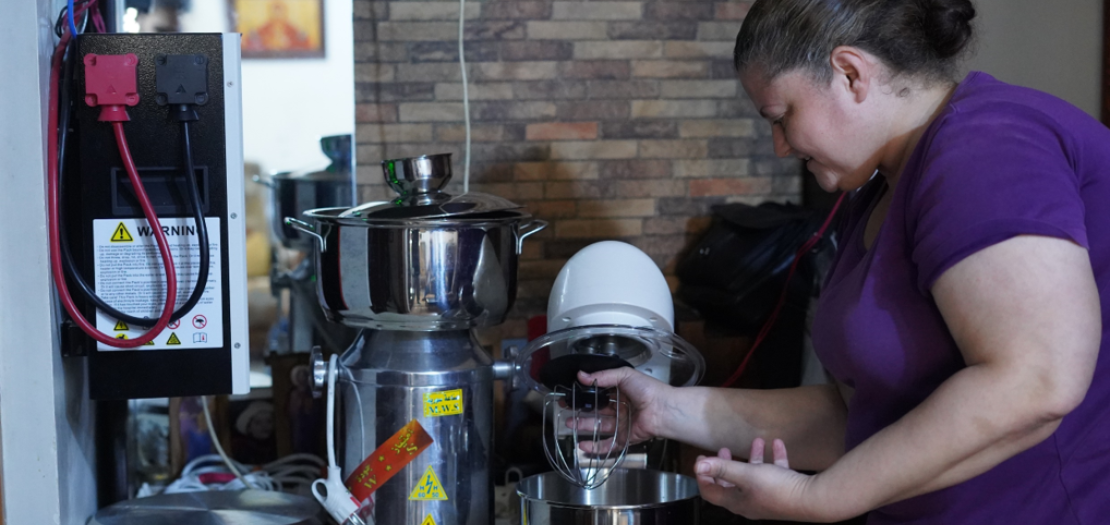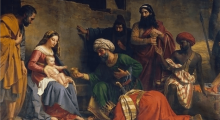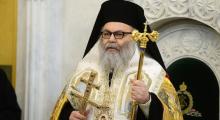Issued by the Catholic Center for Studies and Media - Jordan. Editor-in-chief Fr. Rif'at Bader - موقع أبونا abouna.org

Through its Service and Relief Department, Diakonia, the Middle East Council of Churches continues its efforts to strengthen social and economic stability within local communities. The goal is to provide individuals with the necessary support to improve their living standards in response to current economic challenges.
Operating through its office in Syria, the Diakonia Department has supported many small projects in the Latakia and Tartous governorates via the Livelihood Support Program. This initiative aims to empower project owners and equip them with essential tools for success and sustainability.
A total of 72 projects were supported, spanning various fields. These included a greenhouse, a motorcycle repair workshop, an event decoration center, a mosaic art workshop, a car wash, a candle-making workshop, a local restaurant, and dairy and cheese production. Additionally, there were other small projects addressing local community needs and providing a source of income for their owners.
Initially, beneficiaries participated in a 12-day training course on project management, during which they learned essential information about conducting feasibility studies, as well as foundational principles in marketing, promotion, and sales.
During the course, participants prepared economic feasibility studies for the projects they wanted to establish. A specialized committee from the Diakonia Department of the Middle East Council of Churches evaluated these projects, awarded financial grants to successful ones, and the project owners began implementing them.
One beneficiary of the small business support program, who established a cheese and dairy production project, shared: “I own a small grocery store, which is the only source of income for my family. However, the war and its consequences, coupled with prolonged power outages, negatively impacted my business to the point where the store no longer generated enough money to meet my family’s needs.”
She added, “I started working in cheese and dairy production, and with the help of the Middle East Council of Churches, I was able to continue my small project and significantly improve my income. The council provided me with the necessary equipment and installed solar panels, giving me electricity throughout the day. This greatly helped my work and ensured I could preserve the products I make.”
The program was monitored during the implementation period by the Middle East Council of Churches team, who conducted regular visits to project owners to ensure the work progressed in line with planned goals.
It is worth noting that throughout this year, through the Livelihood Support Program, the Middle East Council of Churches helped 182 people launch small projects across several Syrian governorates. Additionally, 43 individuals received vocational training to prepare them for integration into the job market, contributing to diverse economic opportunities for beneficiaries and broader societal benefits.







